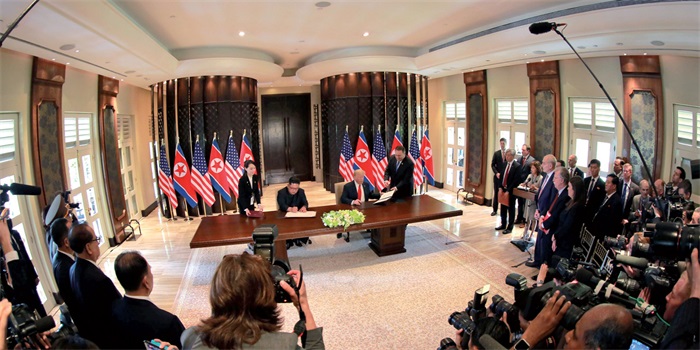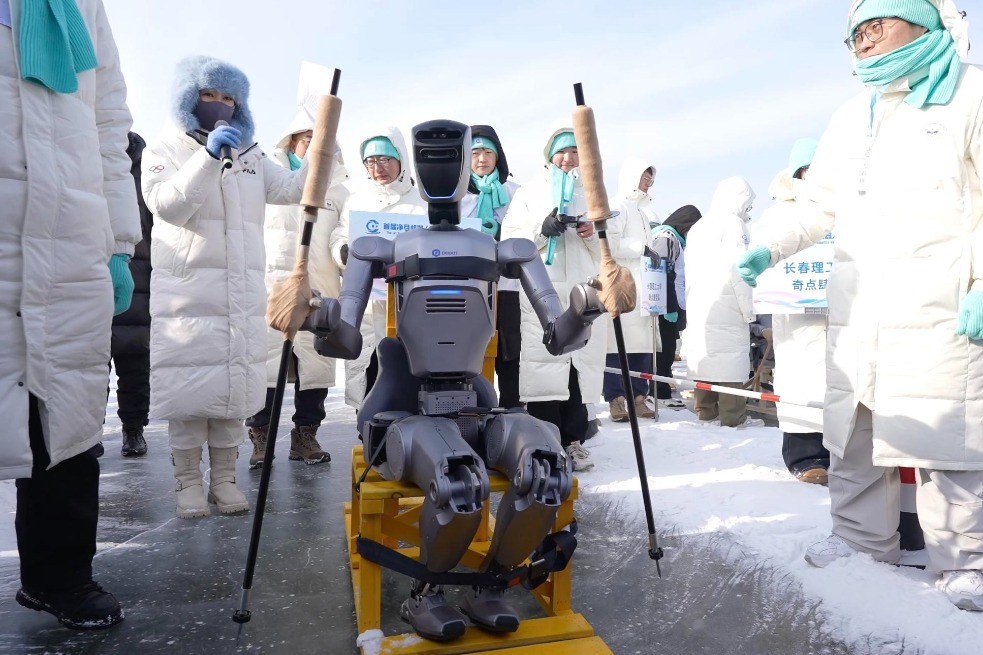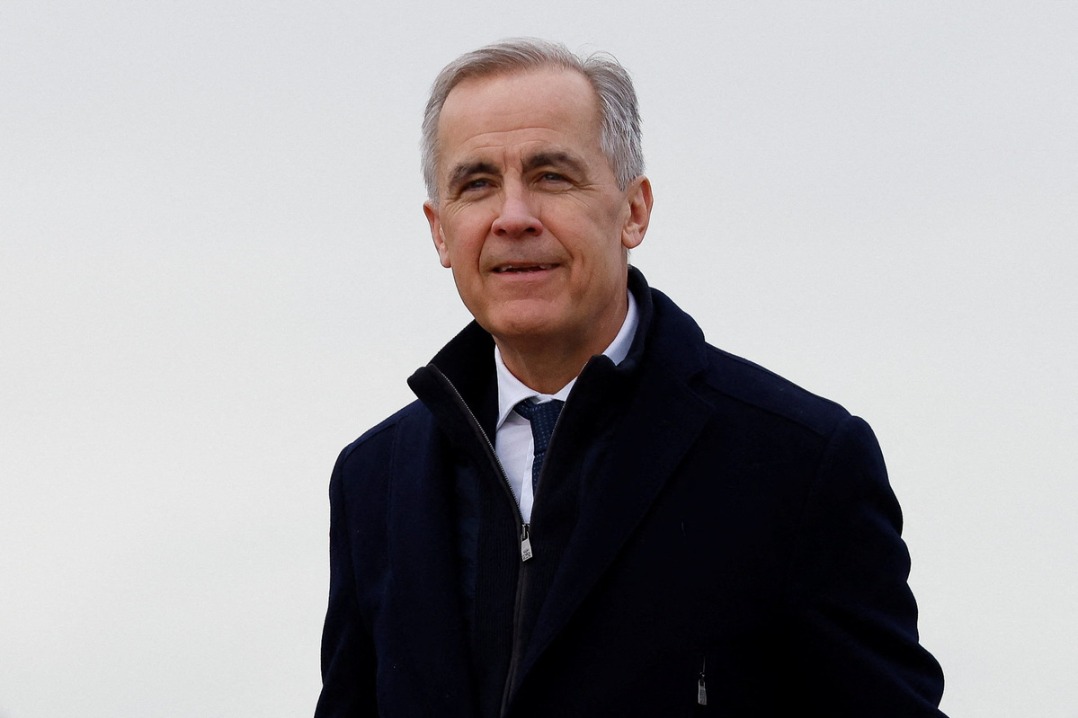US-ROK alliance reach a turning point


The United States has a plan that would lead to the dismantling of the Democratic People's Republic of Korea's nuclear weapon and ballistic missile programs in a year, US National Security Advisor John Bolton said on Sunday despite US intelligence having doubts over Pyongyang's willingness to completely abandon the programs.
Given the agreements reached between US President Donald Trump and the DPRK top leader Kim Jong-un at their historic summit in Singapore on June 12, the two sides should now take concrete steps to make the denuclearization of the Korean Peninsula a reality. For this, of course, the US has to give the DPRK security guarantee as it has promised.
Since Trump has reiterated he could reduce, even pull US troops out of the Republic of Korea, the future of the US-ROK military alliance now depends on the peninsula peace process. In fact, with the Trump-Kim summit defusing tensions and eliminating the chances of confrontation on the peninsula, there is no need for the US-ROK military alliance to continue.
To some degree, the United States wants the DPRK to act tough so that it can cite that as an excuse to strengthen the US-ROK military alliance. After all, the alliance plays a vital role in the US' global strategy of maintaining its influence in East Asia, and containing China and Russia.
Still, to meet some of Pyongyang's requirements for the success of the denuclearization process, Washington has cancelled a joint military drill with Seoul and two joint training programs. But there is growing worry in the US that the cancellation could diminish Washington's influence in Northeast Asia.
Also, if major East Asian countries establish comprehensive cooperation with the DPRK and the ROK and thus prevent the latter from approaching the US for security, the only possible factor that could affect the deployment of US military in the ROK will be inter-Korean relations.
Besides, when Pyongyang and Seoul ultimately reconcile, the US-ROK alliance will be further weakened. And it is then that some disagreements in the US-ROK alliance will come to the fore. The ROK could seek to independently build its national defense, asking the US to withdraw its wartime command, amend the "US-ROK Status of Forces Agreement", and demand lower cost sharing for defense. In addition, the ROK cannot continue surveillance against or be hostile toward the DPRK or its other neighbors, as the US compels it to do now, which will further weaken the foundation of the US-ROK military alliance.
The US strategy has been to take advantage of regional tensions to expand its influence. And since the withdrawal of the US troops from the Korean Peninsula would be seen as a failure of that strategy, many in the US would oppose such a move. But now that the peninsula is so close to realizing peace, Washington should change its strategic views and grasp the opportunity to help restore permanent peace in the region and become a truly great power.
But the US forces will pull out of the ROK only after the denuclearization of the peninsula. More important, since the peninsula peace process still has many variables, such as the lack of an agreement between Pyongyang and Washington on a detailed denuclearization schedule, the DPRK may not keep its promise of complete denuclearization. And any development impeding the peninsula denuclearization process will prompt Washington to restart its joint military drills with Seoul and raise tensions in creating more risks for the region.
For Pyongyang, denuclearization is a wise choice for its national security and economic development, and the world will respect it for making this choice and extinguishing fears of a war. Let's hope Pyongyang will take the only road leading to peace and prosperity, and Washington does not go back on its promises.
The author is a researcher at the Center for North and South Korea Studies of Yanbian University.


































